EU leaders, Modi discuss early conclusion of FTA, end to war in Ukraine
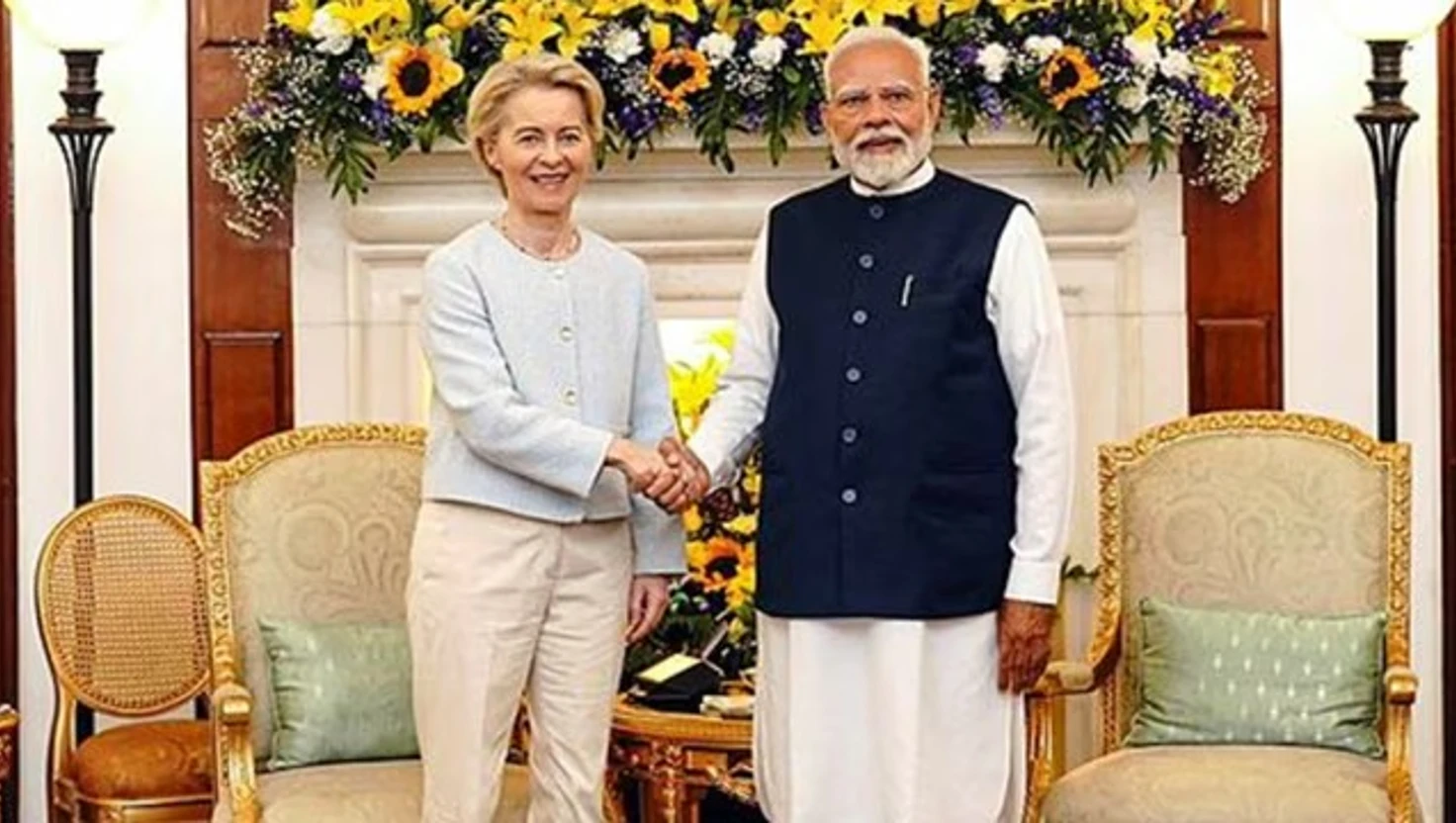
EU leaders, Modi discuss early conclusion of FTA, end to war in Ukraine
European Union leaders call on India to assist in resolving the Ukraine conflict while advancing trade discussions with Prime Minister Narendra Modi.
The leadership of the European Union has engaged with Indian Prime Minister Narendra Modi to discuss the ongoing conflict in Ukraine and the potential role India could play in fostering peace. The conversation emphasised India's importance in international diplomacy amidst continuing tensions involving Russia.
Discussion on Ukraine Conflict
During a phone call on Thursday, Prime Minister Modi reinforced India's established stance advocating for a peaceful resolution to the war in Ukraine. This discussion took place with António Costa, President of the European Council, and Ursula von der Leyen, President of the European Commission. Both EU leaders acknowledged the gravity of the situation in Ukraine, which they described as having significant global security implications and detrimental effects on economic stability worldwide.
In a joint statement posted on social media following the conversation, Costa and von der Leyen expressed, "India has an important role to play in bringing Russia to end its war of aggression and helping create a path towards peace." They acknowledged India's ongoing communication with Ukrainian President Volodymyr Zelenskyy as a positive step towards peace negotiations.
Focus on Trade Relations
The conversation also highlighted the urgent need to conclude negotiations for the India-EU Free Trade Agreement (FTA). Modi and the EU leadership reiterated their commitment to achieving this aim by the end of the year. The FTA discussions have gained particular momentum following a visit earlier this year by Von der Leyen and other EU officials to India, where both parties set a target to finalise the agreement by the end of 2023.
As reported by India's Ministry of External Affairs, the leaders exchanged insights on various regional and global issues, underscoring the importance of the India-EU strategic partnership in addressing these challenges. The statement noted, "Modi reiterated India’s consistent support for a peaceful resolution of the conflict and early restoration of peace and stability."
India's Position on the Conflict
Historically, India has opted not to publicly condemn Russia's invasion of Ukraine, focusing instead on facilitating dialogue between the involved nations. Prime Minister Modi has consistently maintained that a military solution will not lead to peace. The Indian government has emphasised direct talks between Russia and Ukraine as essential to achieving a sustainable resolution.
The dialogue with Modi comes ahead of an upcoming meeting of EU foreign ministers, where potential sanctions against countries aiding Russia are anticipated to be a key topic. Recently, India has faced pressured scrutiny from the United States regarding its energy purchases from Russia. Despite this, India's government has defended its position, stating that energy security is paramount, noting that Russia currently supplies approximately 40% of India's energy needs.
Bilateral Cooperation and Future Summits
In addition to the conversation with EU leaders, India's External Affairs Minister S. Jaishankar has been in contact with his Ukrainian counterpart, Andrii Sybiha. Jaishankar reaffirmed India's commitment to a prompt end to hostilities and the establishment of lasting peace. Notably, Sybiha described discussions centred around strengthening cooperation between Ukraine and India in various sectors.
As both sides work toward finalising the FTA, they also discussed the India-Middle East-Europe Economic Corridor (IMEEC), which aims to enhance trade and connectivity.
Prime Minister Modi extended an invitation for the next India-EU Summit to be held in India, encouraging further collaboration on a joint strategic agenda. The EU leaders conveyed their intention to work towards a clearer direction at the forthcoming summit, enhancing bilateral relations in trade, security, and technology.
The EU’s commitment to concluding the FTA discussions and establishing stronger economic ties with India comes at a time when both regions are navigating numerous geopolitical challenges, collectively reinforcing their mutual commitment to stability and prosperity on the global stage.
Conclusion
The ongoing engagement between the European Union and India highlights the potential for collaborative efforts in both resolving the crisis in Ukraine and advancing economic partnerships through a comprehensive free trade agreement. As these discussions progress, the international community will be watching closely for developments that could shape the future landscape of global diplomacy and trade.
Discussion on Ukraine Conflict
During a phone call on Thursday, Prime Minister Modi reinforced India's established stance advocating for a peaceful resolution to the war in Ukraine. This discussion took place with António Costa, President of the European Council, and Ursula von der Leyen, President of the European Commission. Both EU leaders acknowledged the gravity of the situation in Ukraine, which they described as having significant global security implications and detrimental effects on economic stability worldwide.
In a joint statement posted on social media following the conversation, Costa and von der Leyen expressed, "India has an important role to play in bringing Russia to end its war of aggression and helping create a path towards peace." They acknowledged India's ongoing communication with Ukrainian President Volodymyr Zelenskyy as a positive step towards peace negotiations.
Focus on Trade Relations
The conversation also highlighted the urgent need to conclude negotiations for the India-EU Free Trade Agreement (FTA). Modi and the EU leadership reiterated their commitment to achieving this aim by the end of the year. The FTA discussions have gained particular momentum following a visit earlier this year by Von der Leyen and other EU officials to India, where both parties set a target to finalise the agreement by the end of 2023.
As reported by India's Ministry of External Affairs, the leaders exchanged insights on various regional and global issues, underscoring the importance of the India-EU strategic partnership in addressing these challenges. The statement noted, "Modi reiterated India’s consistent support for a peaceful resolution of the conflict and early restoration of peace and stability."
India's Position on the Conflict
Historically, India has opted not to publicly condemn Russia's invasion of Ukraine, focusing instead on facilitating dialogue between the involved nations. Prime Minister Modi has consistently maintained that a military solution will not lead to peace. The Indian government has emphasised direct talks between Russia and Ukraine as essential to achieving a sustainable resolution.
The dialogue with Modi comes ahead of an upcoming meeting of EU foreign ministers, where potential sanctions against countries aiding Russia are anticipated to be a key topic. Recently, India has faced pressured scrutiny from the United States regarding its energy purchases from Russia. Despite this, India's government has defended its position, stating that energy security is paramount, noting that Russia currently supplies approximately 40% of India's energy needs.
Bilateral Cooperation and Future Summits
In addition to the conversation with EU leaders, India's External Affairs Minister S. Jaishankar has been in contact with his Ukrainian counterpart, Andrii Sybiha. Jaishankar reaffirmed India's commitment to a prompt end to hostilities and the establishment of lasting peace. Notably, Sybiha described discussions centred around strengthening cooperation between Ukraine and India in various sectors.
As both sides work toward finalising the FTA, they also discussed the India-Middle East-Europe Economic Corridor (IMEEC), which aims to enhance trade and connectivity.
Prime Minister Modi extended an invitation for the next India-EU Summit to be held in India, encouraging further collaboration on a joint strategic agenda. The EU leaders conveyed their intention to work towards a clearer direction at the forthcoming summit, enhancing bilateral relations in trade, security, and technology.
The EU’s commitment to concluding the FTA discussions and establishing stronger economic ties with India comes at a time when both regions are navigating numerous geopolitical challenges, collectively reinforcing their mutual commitment to stability and prosperity on the global stage.
Conclusion
The ongoing engagement between the European Union and India highlights the potential for collaborative efforts in both resolving the crisis in Ukraine and advancing economic partnerships through a comprehensive free trade agreement. As these discussions progress, the international community will be watching closely for developments that could shape the future landscape of global diplomacy and trade.
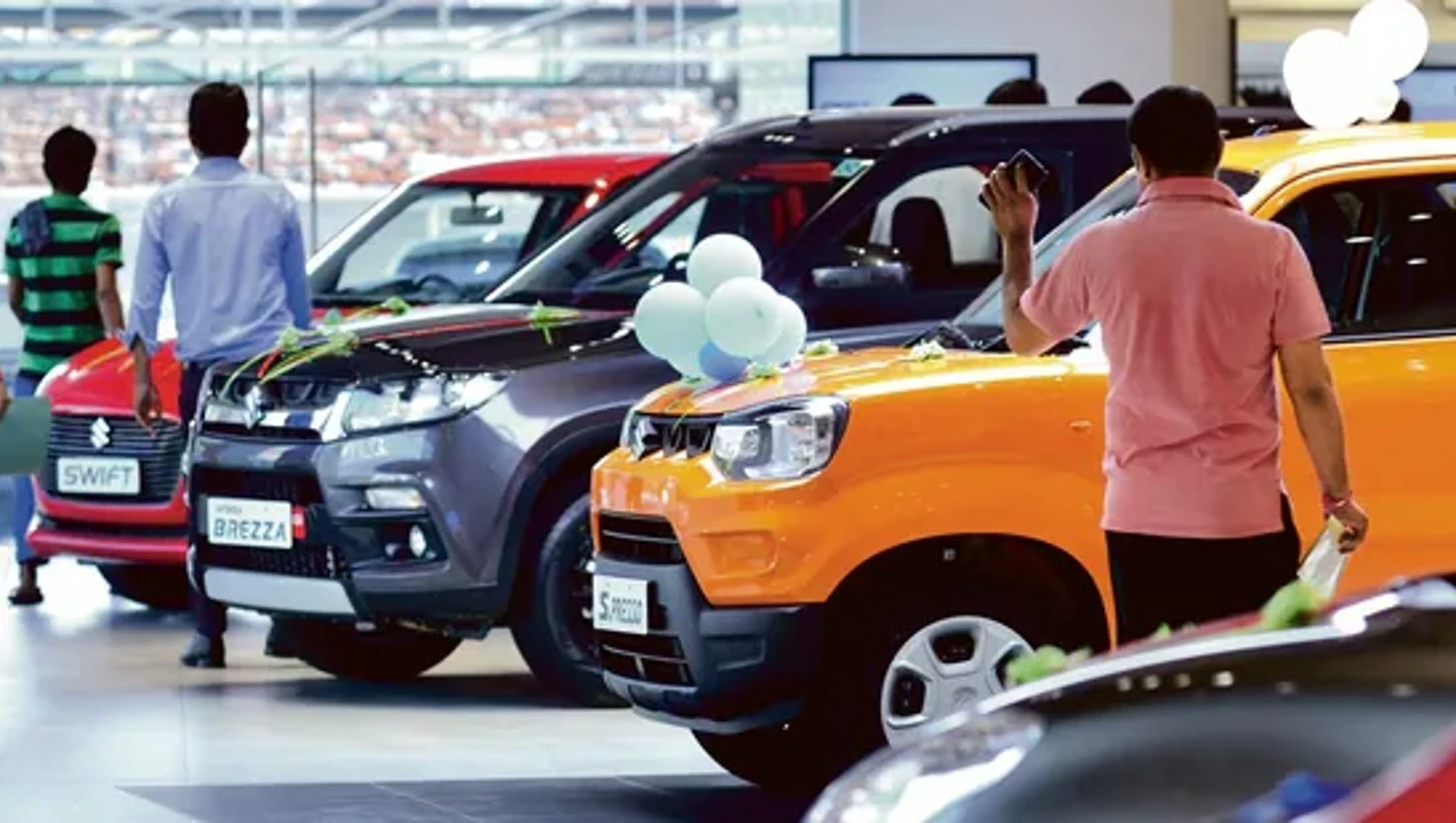
India Implements New GST Rates on Car Purchases
The Indian government has revised GST rates for cars, aiming to boost affordability and enhance personal mobility.
| 2025-09-05
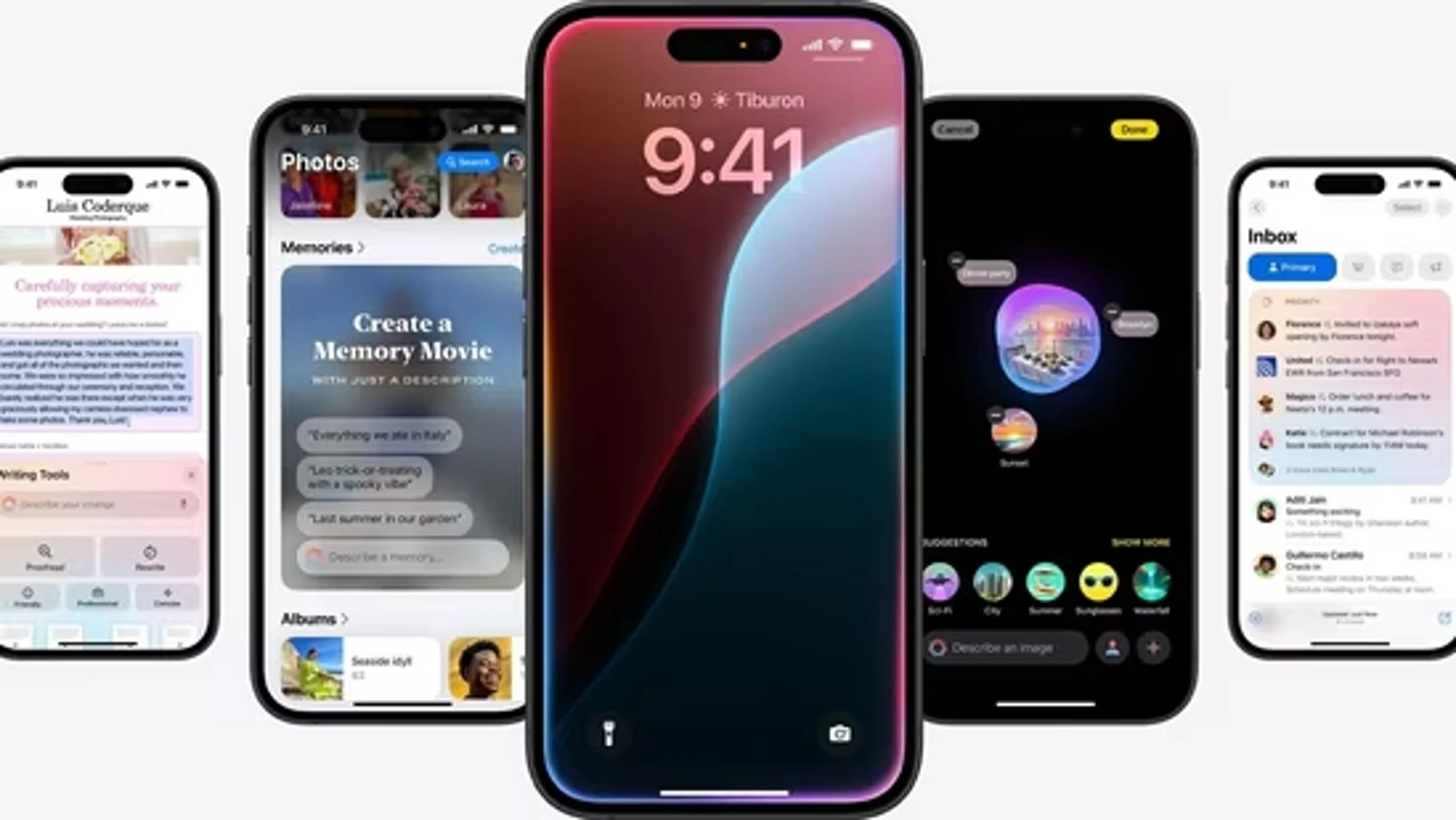
Apple's Siri Upgrade Could Use Google Gemini AI by 2026
Apple plans to enhance Siri with Google's Gemini AI, a move aimed at improving voice assistant capabilities by 2026, amid rising competition.
| 2025-09-05

Kalyani Priyadarshan Shines as First Female Superhero in Lokah
Kalyani Priyadarshan's remarkable debut in Lokah Chapter 1: Chandra highlights her family's cinematic legacy and reshapes Malayalam cinema.
| 2025-09-05
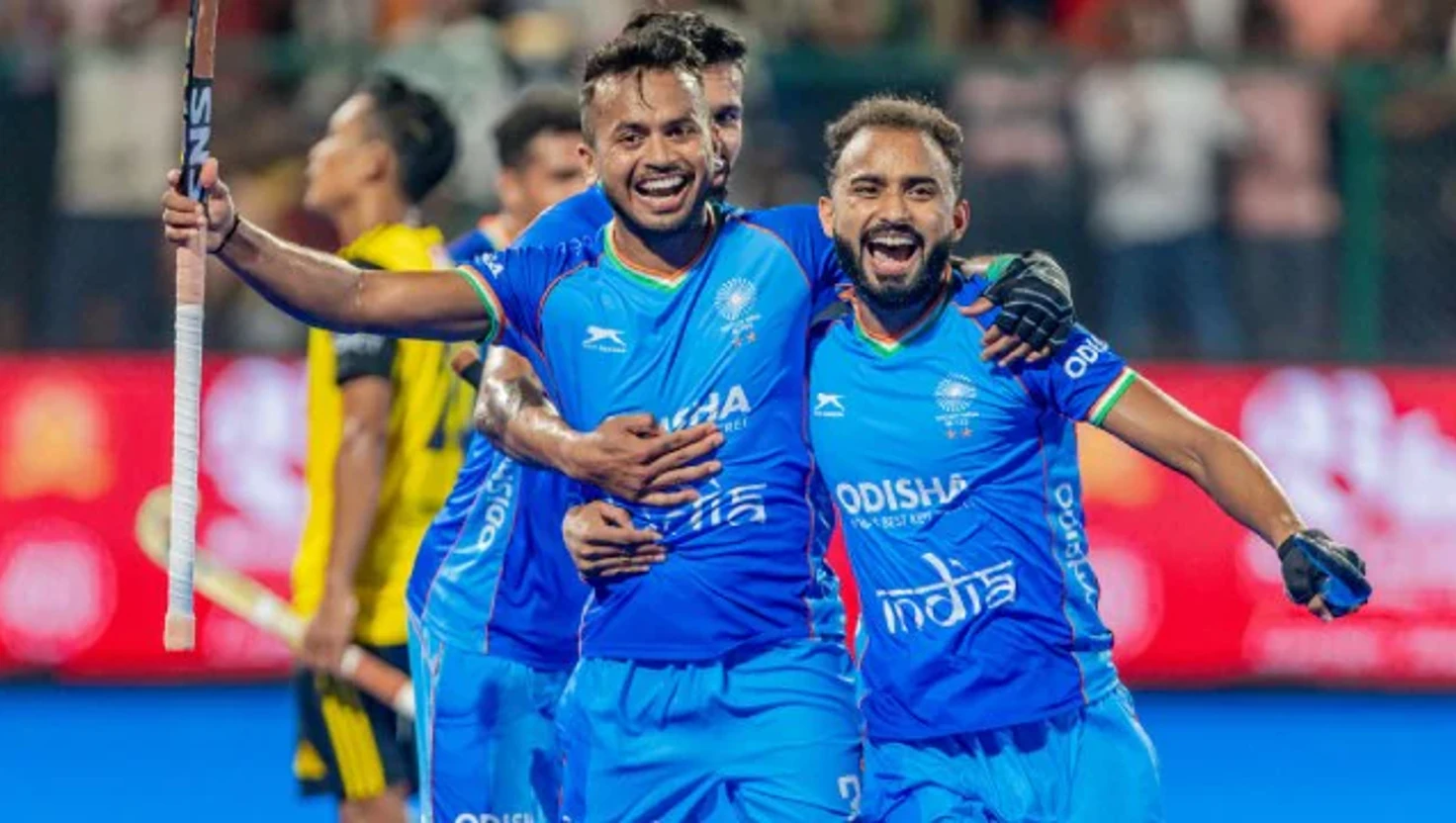
Asia Cup 2025: India Secures Dominant Victory Over Malaysia
India triumphed over Malaysia 4-1 in the Asia Cup Super 4s, boosting their chances for the final. The team displayed resilience despite an early setback.
| 2025-09-05
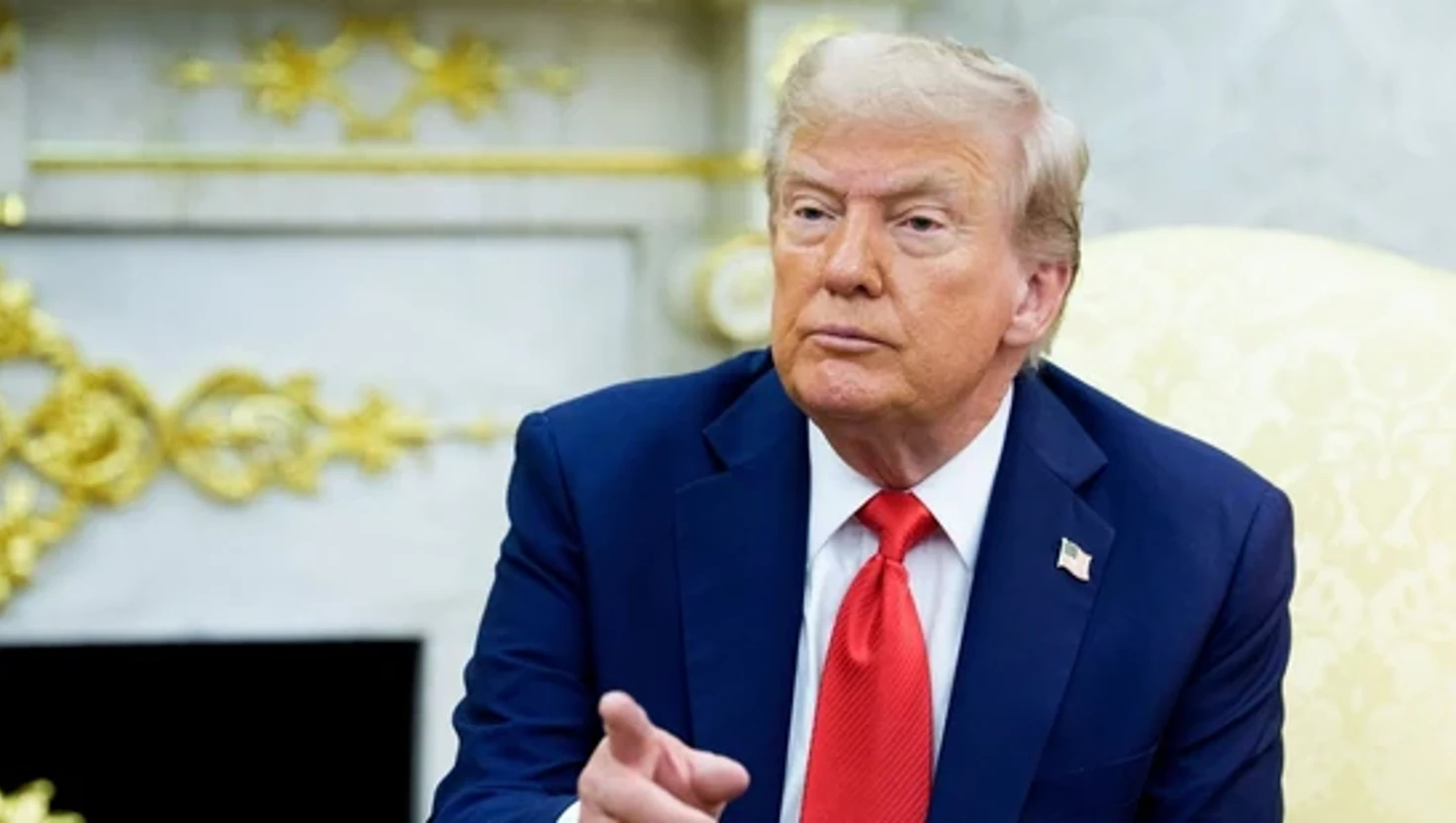
Trump rules out cut in 50% tariffs on India, hints at additional escalatory measures against Russia
US President Trump reiterates India sanctions as pressure on Moscow, ruling out tariff cuts, amidst strained US-India trade relations.
| 2025-09-04




